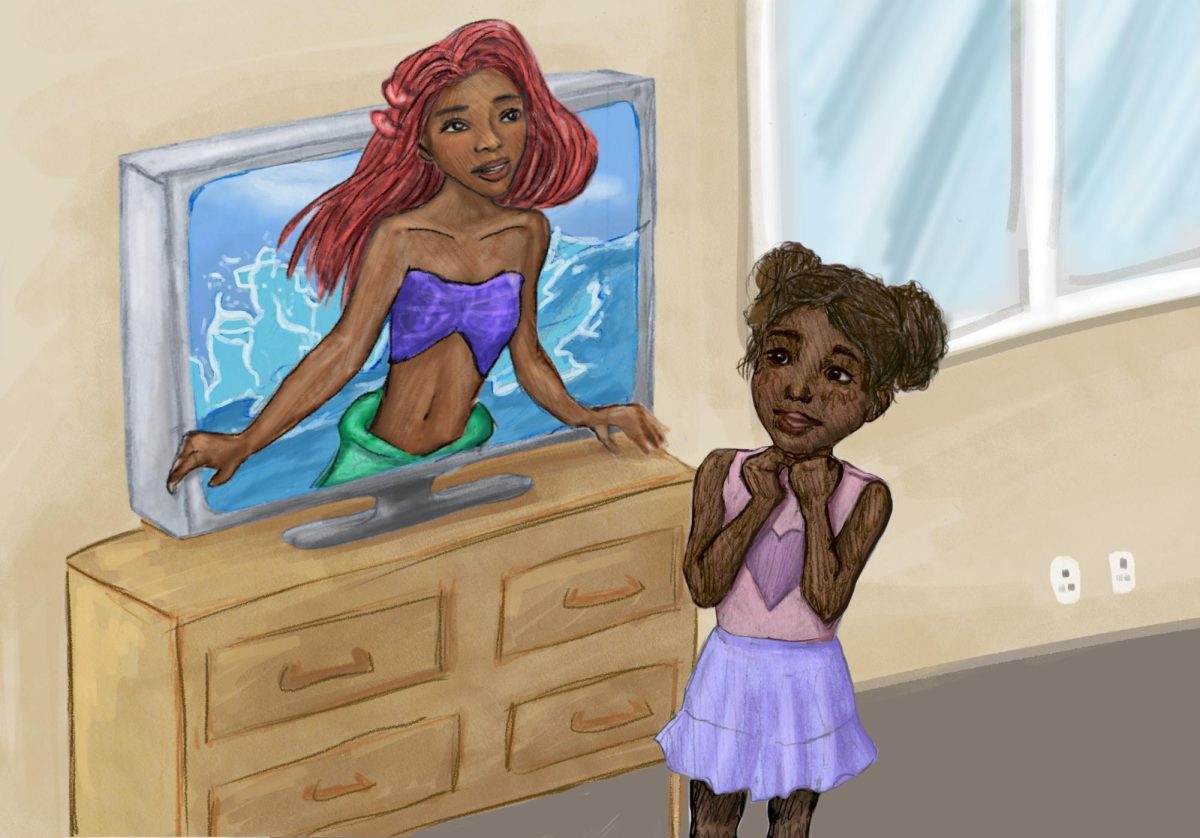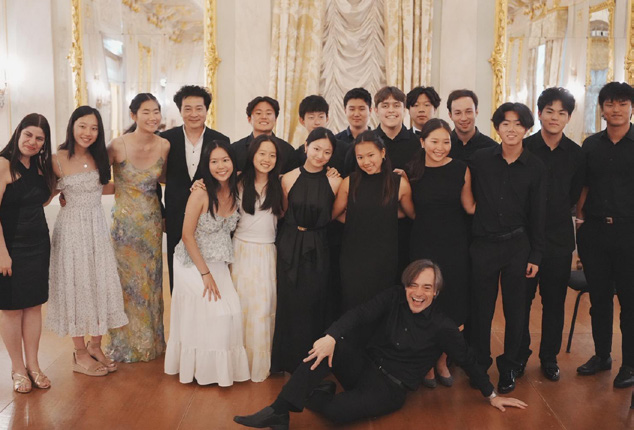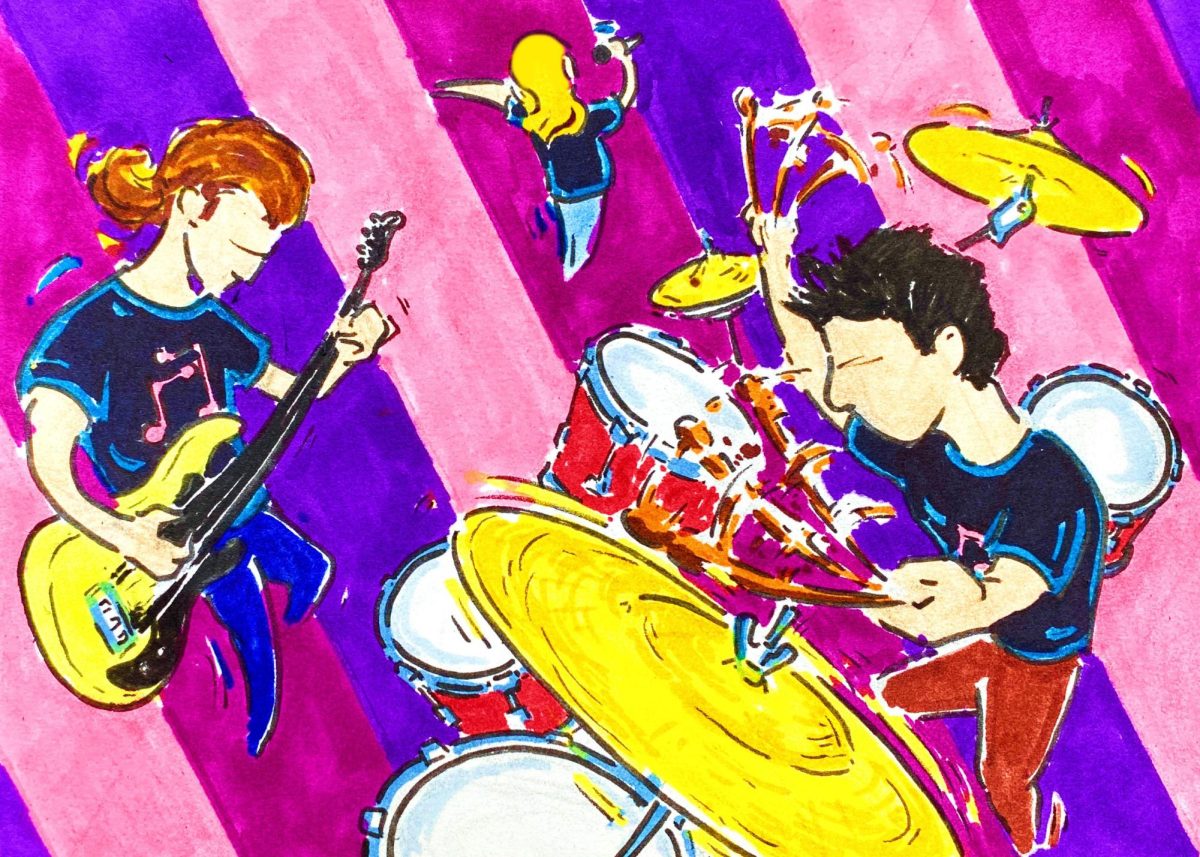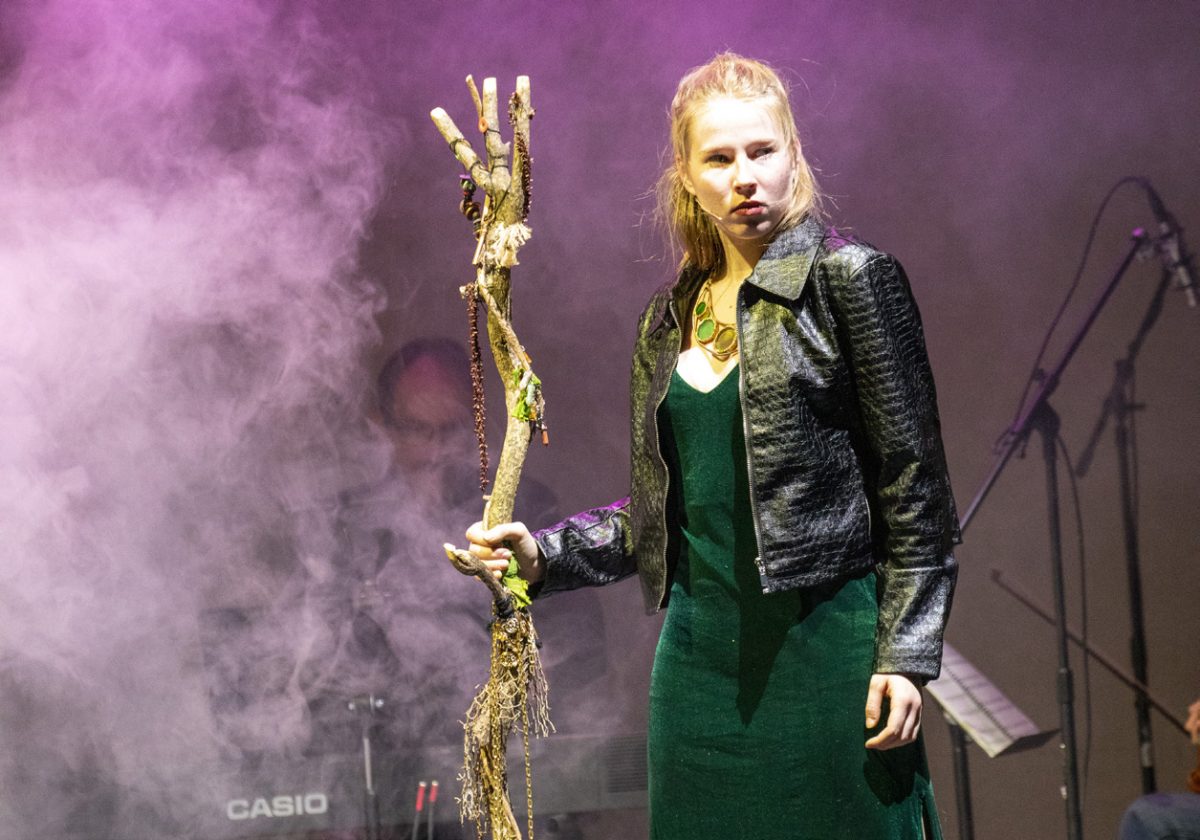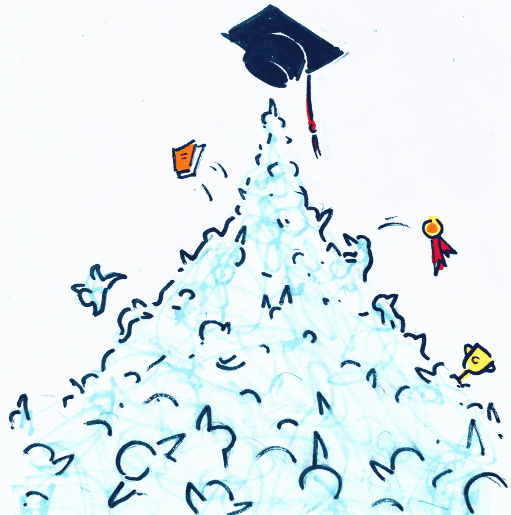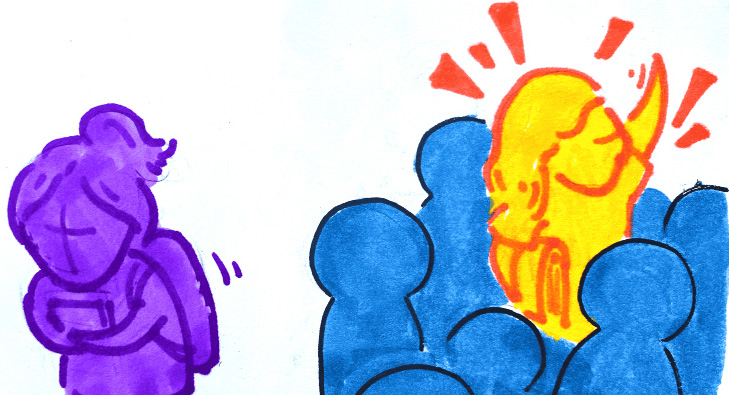The casting of Halle Bailey as Ariel, the Little Mermaid, in Disney’s new live-action version of the classic fairy tale should be celebrated, but instead has raised outrageously racist controversy.
The first glimpse of the much anticipated remake was released on September 9, 2022, starring Halle Bailey, an African American actor and singer known for being a part of the R&B duo Chloe x Halle with sister Chlöe Bailey. The film will leave a positive impact on a large part of the audience by being a great example of why representation matters.
However, the casting of a Black actor as Ariel has drawn controversy online. Hateful comments on social media platforms have exploded. One racist trend, the “#NotMyAriel” thread on Twitter, showed shocking disapproval of the casting of Halle Bailey. Currently, the teaser trailer has 1.5 million dislikes on YouTube, exhibiting some of the backlash the film has received.
As Mr. Parker Reed, head of theatrical performance and instructor in theater, pointed out that the hate towards Halle Bailey playing Ariel has developed in an echo chamber. “People feel that they have to conform to the loudest voice or make snap judgments based on the headlines that sometimes distort the truth in order to generate anger in people,” he said.
Amber Bretz ’23, co-head of Café, also expressed a similar frustration. She said, “The original Little Mermaid was created decades ago, during a time when our society was drastically different. I think that now, in a more developed society, we have to allow our media to grow and mold to the advances of our world. Those who are against the diversification of prominent figures in the media are simply racist, but they try to cover it up with the inability to ‘Keep up with the times.’ ”
Many people have chosen to speak up against these racist comments. Rachel Zegler, an American actor best known for her role in West Side Story, who is set to play Snow White in the live-action adaptation of the 1937 Disney film, commented on Twitter, “If you don’t support my girl Halle, who is the perfect Ariel, you don’t support any of us.”
Celebrities including Zendaya, Halle Berry, Keke Palmer, Ben Platt, Nicki Minaj, and Amanda Gorman have also demonstrated support for Bailey. In a new Tiktok trend, parents are recording their children’s emotional reactions to the trailer, including many little African American girls delighted to see themselves in the new Ariel.
The casting of Black actors like Bailey as stars in mainstream films will have a tremendous impact on audience members from underrepresented communities. Discussing the significance of the film, Mr. Reed pointed out the dangers of ignorance when people choose to define a fictional character by their race. Mr. Reed said, “I don’t think a lot of people are actually thinking about what this casting means for [Black communities]. I’ve heard people saying that Halle Bailey playing the Little Mermaid is not what they expected because that was not what was done before. According to them, the story needs to follow tradition. I think that’s a bunch of nonsense.”
The argument that casting Halle Bailey as the Little Mermaid is wrong or unacceptable has gone too far. One opponent of the film @slicksliding argued that mermaids should be white because “Because they live underwater, which has no access to light beyond a certain depth, Ariel and every mermaid in existence would be albino.”
Rejecting a Black mermaid based on “scientific accuracy” is just thinly veiled racism. Discussing the current hate towards The Little Mermaid, Chloe Woods ’23 said, “People should stop trying to find a reason to be against it. If you don’t like it, you just don’t like it. But in some of the reactions there’s so much trying to make sense of why it’s wrong. If you just don’t like it, that’s not something you should subject the rest of society to.”
Overall, Halle Bailey playing Ariel will allow many more people to see themselves in the movies they watch. Woods said, “I just hope that people look at the movie from multiple perspectives before commenting on it. When we see people like us on screen, TV will in turn possess a whole new meaning to a lot of communities.”

